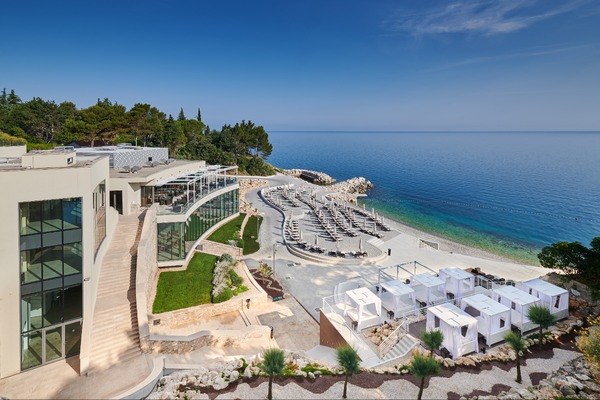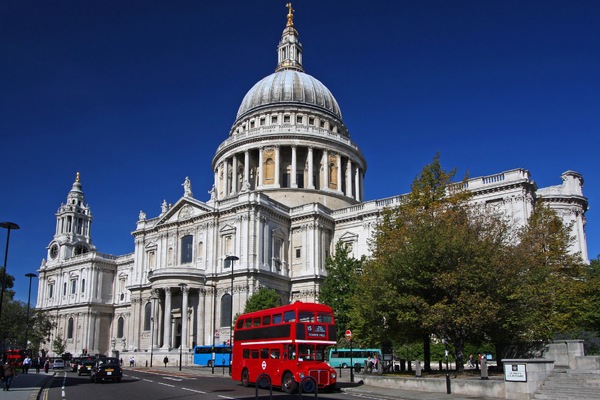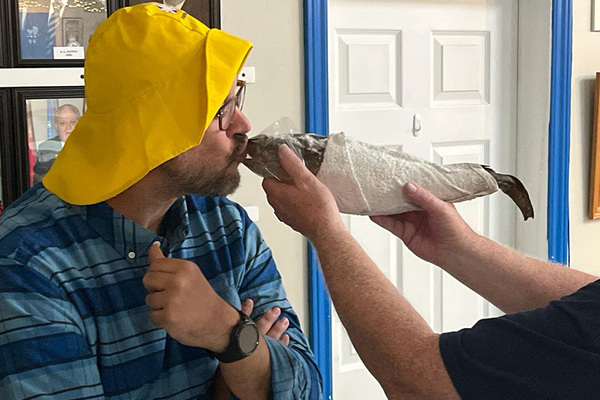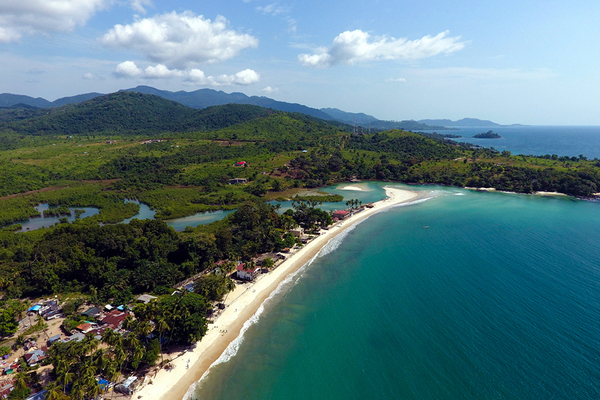Industry needs to focus on regenerative travel
A new “primer for regenerative travel” is seeking to explore how the industry should be moving beyond sustainability to look at loftier goals of “regeneration”, whereby projects seek to give back more than they ever take out in a tourism context
The Regenerative Travel Principles for Hospitality whitepaper has been created by Amanda Ho and explores the context of the growing concept, and looks at hotels and resorts which already operate in this way at their core such as Fogo Island Inn in Newfoundland, Canada and Playa Viva in Mexico.
“From a very simplistic standpoint – being green is about doing less damage, sustainability is reaching net neutral, but regeneration is actually making it better,” said Ho, who poses that the pandemic should be used as a chance to come back with a more thoughtful approach to tourism and development of regenerative travel policies.
Ho is co-founder of Regenerative Travel, a collection of carefully vetted hotels and resorts including Playa Viva, which was started by David Leventhal, Ho’s co-founder in Regenerative Travel.
“We are at a turning point to reverse the trajectory of climate change, with an urgent call to repair and replenish the damage to our environment and our communities,” Ho said. “Regenerative principles are emerging as the future of tourism with the potential to create better conditions for people and lives to flourish.
“We now have the opportunity to rebuild a framework that brings back a transformational travel experience that creates abundance for all stakeholders—one that is non-extractive, immersive, inclusive, diverse, and equitable. Travel cannot continue to be measured just by infinite growth.”
The report offers a regenerative glossary to guide those looking to learn more about the philosophy, and sets out the five principles of regenerative travel to abide by, which include ‘whole systems thinking’; ‘honouring sense of place’; ‘community inclusion and partnership’; ‘aspirational in nature’; and ‘continual co-evolution’.
The report looks too at the elements to be encouraged in order to create a regenerative resort or tourism project, such as studying “history of place”.
It goes on to advocate that “when coming into a new place as a hotelier, you should sit on the land for a full year to understand the life cycle of that place… this same concept should be applied to the community – it’s about co-evolving and sitting with the community to understand it”.
“Regenerative principles should help the hotelier see that there is a more holistic and organic way of seeing the world, and that their role becomes a change agent for their community,” added Anna Pollock, the founder of tourism consultancy Conscious Travel and a contributor to the report.
“Hotels can start to tend the ecosystem they’re living in and provide a richer range of encounters for their guests that expand their horizons,” she said.
The hope is also that by experiencing regenerative-based hotels and experiences, travellers will also learn more about the philosophy and take those principles back with them once the holiday has ended.
• Check out some ways to offer sustainable travel options around the world.

















